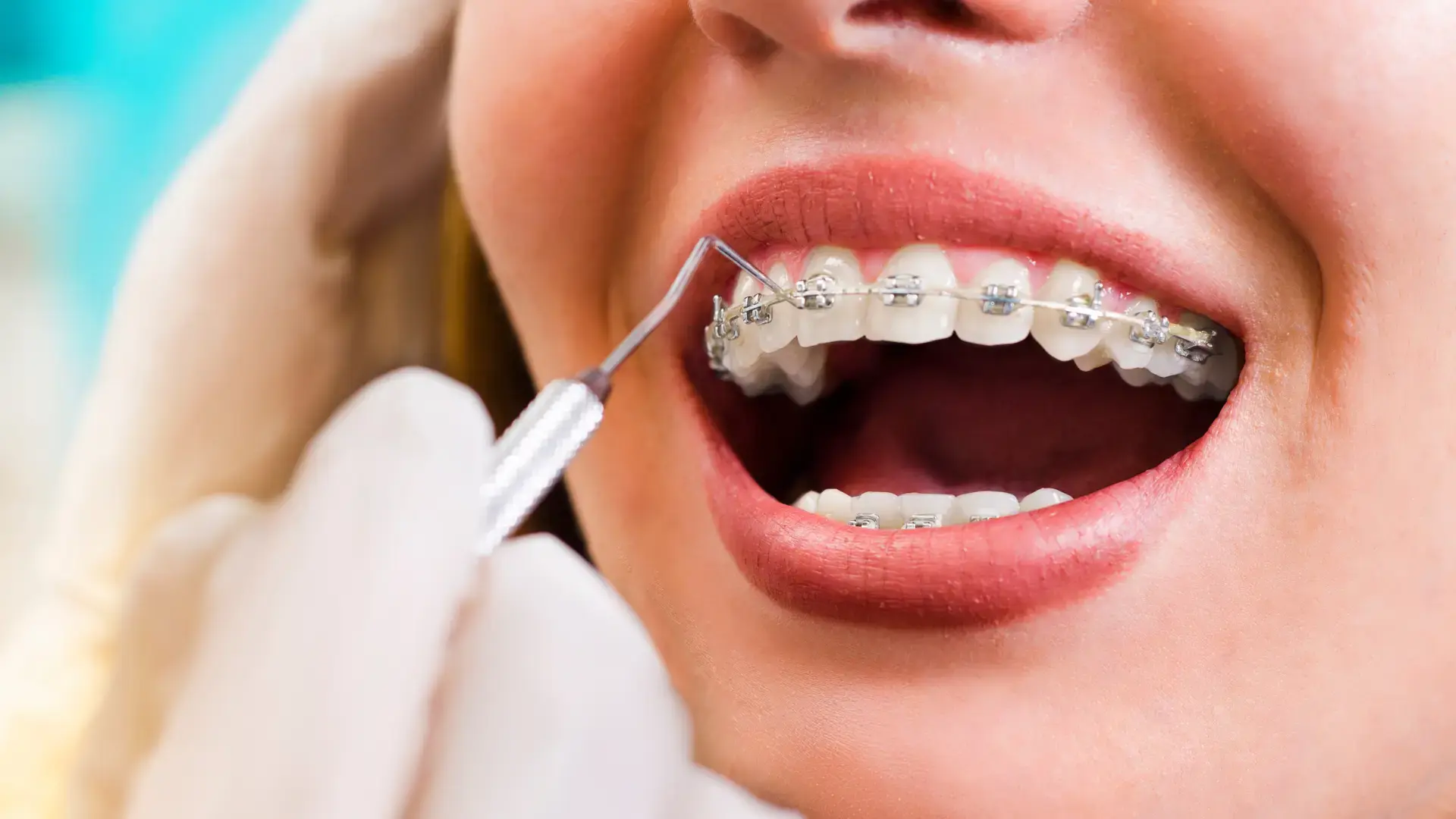Dental Conditions That Can Be Improved by Deep Teeth Cleaning

Summarize with AI
In maintaining the health of your mouth, a significant focus should be given to the teeth and gums. Regular brushing and flossing are primary habits that contribute to this upkeep, but are they enough? Enter deep teeth cleaning. This procedure, also known as scaling and root planing, is a preventive measure that a dental office provides to help sustain oral well-being. A deep cleaning will be prescribed by your dentist if you show signs of gum disease.This article will delve into the variety of dental conditions that can be significantly improved by deep teeth cleaning.
What is Deep Teeth Cleaning?
Deep teeth cleaning goes a step beyond the routine dental cleaning that you receive during a regular check-up. This procedure involves a thorough cleaning of your teeth, gums, and the roots of your teeth to remove tartar and plaque buildup that brushing and flossing cannot reach. Dentists recommend this to their patients particularly when they observe signs of gum disease or other oral health issues.
Dental Conditions Improved by Deep Teeth Cleaning
- Gingivitis and Periodontitis: Gingivitis is the initial stage of gum disease, characterized by inflamed, red, and bleeding gums. If left untreated, it can progress to periodontitis, a more severe form, leading to tooth loss and other health complications. Deep teeth cleaning can help manage both these conditions by removing the plaque and tartar that cause gum inflammation and create pockets between the teeth and gums.
- Halitosis (Bad Breath): Persistent bad breath, or halitosis, is often a sign of accumulated bacteria in the mouth. These bacteria produce sulfur compounds, leading to an unpleasant smell. A deep teeth cleaning session can effectively remove this bacterial buildup, thereby improving halitosis.
- Tooth Decay: Tooth decay is a common dental problem often resulting from poor dental hygiene. It starts with the formation of plaque that hardens into tartar, creating a conducive environment for bacteria to flourish and decay the tooth. Deep teeth cleaning can remove this hard-to-reach tartar, preventing the onset of tooth decay.
- Tooth Discoloration: Extrinsic tooth discoloration, which affects the tooth’s outer layer, can be caused by factors such as consumption of staining foods and beverages, smoking, and poor oral hygiene. While routine cleaning can help, deep teeth cleaning offers a more comprehensive solution to tackling persistent stains.
- Risk of Other Diseases: There’s a proven link between oral health and overall health. Conditions like heart disease, diabetes, and respiratory diseases can be influenced by oral health. By reducing inflammation and bacterial infection in the mouth, deep teeth cleaning can potentially lower the risk of these health issues.
The Deep Teeth Cleaning Process
Deep teeth cleaning is typically completed in two stages.
The first stage, scaling, involves removing plaque and tartar from the surface of the teeth and from the pocket region between the teeth and gums. The dentist uses a hand-held instrument or an ultrasonic device for this purpose.
The second stage, root planing, involves smoothing the roots of the teeth to discourage further buildup of bacteria and tartar. It also helps the gums reattach to the teeth.
While the procedure may cause mild discomfort, it is generally painless. Local anesthesia is often used to numb the area being treated, ensuring a comfortable experience for the patient. Depending on the severity of the condition, the entire process may be spread over multiple appointments.
When to Consider Deep Teeth Cleaning
Your dental office will typically recommend deep teeth cleaning if your regular dental check-ups reveal signs of gum disease, such as inflamed gums, persistent bad breath, or bleeding while brushing or flossing. Remember, early intervention can prevent the progression of these conditions, potentially saving you from more invasive treatments down the line.
Don’t Wait—Schedule Your Deep Cleaning Today
Deep teeth cleaning is a preventive, corrective, and therapeutic dental procedure that is instrumental in promoting oral health. This procedure can help manage a variety of dental conditions like gingivitis, periodontitis, halitosis, tooth decay, and tooth discoloration, and can potentially lower the risk of certain systemic diseases.
Remember, regular check-ups and cleanings at your dental office are key to catching any potential issues early and implementing necessary treatments. If you’re experiencing symptoms that suggest the need for deep teeth cleaning, don’t hesitate to schedule a consultation with us. Our experienced team at our dental office will be more than happy to assist you in achieving optimal oral health.


